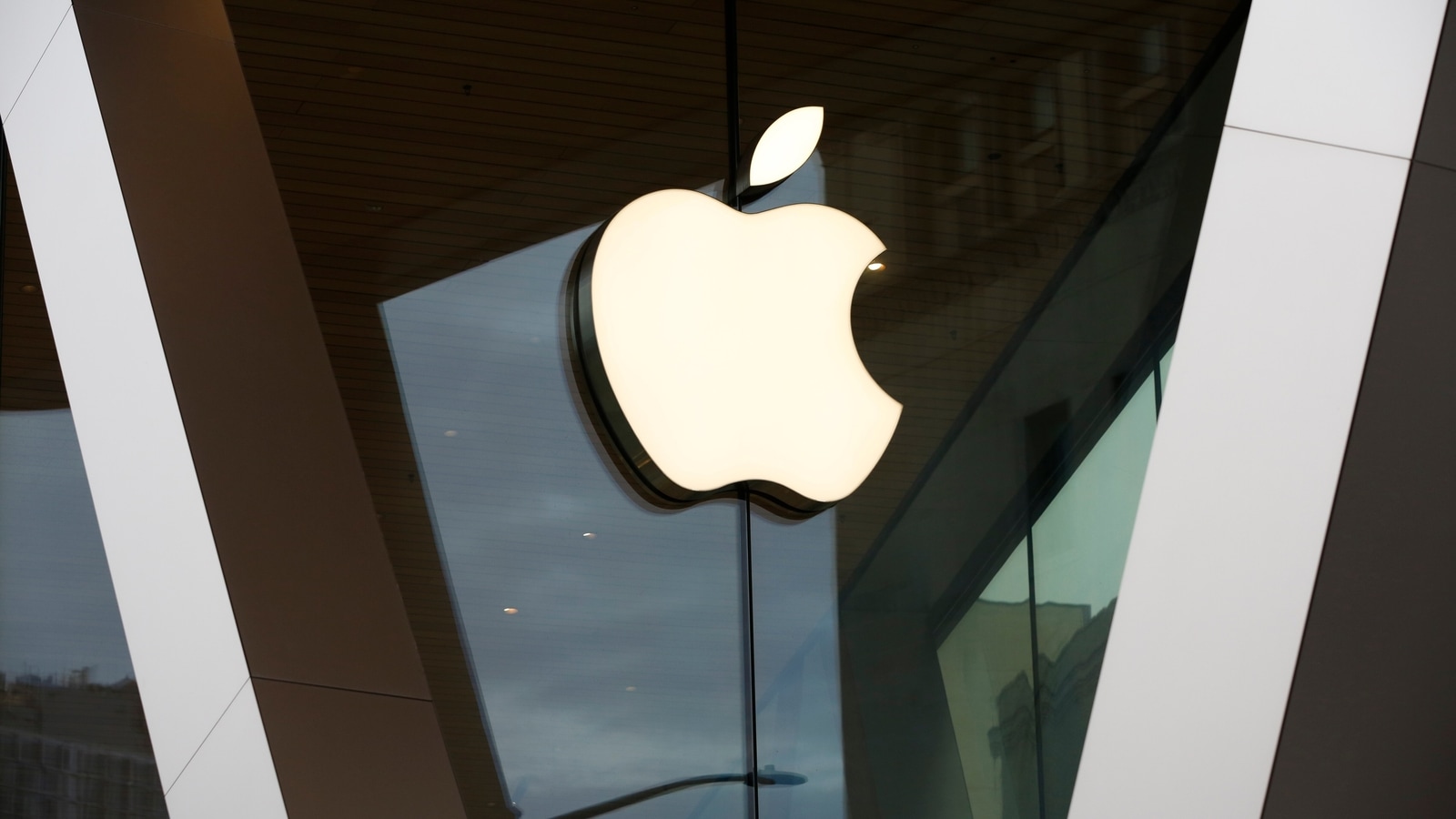Apple retreats in fight to defend App Store in Europe

Apple made a major concession in its battle to protect the dominance of its App Store on iPhones and other devices in Europe on Tuesday, saying developers will be free to distribute their apps directly to consumers.
Apple announced the changes to comply with the European Union’s Digital Markets Act (DMA), which kicked in last week. The changes could dent the high profit margins and steady stream of revenue that Apple has come to rely on from its App store, where it charges developers fees of up to 30%.
The changes, which affect only the European Union, come amid continuing criticism from rivals that Apple’s compliance efforts are falling short.
Beginning this spring, software developers operating in Europe will be able to distribute apps to EU customers directly from their own websites instead of through the App Store.
“While the App Store won’t be able to be milked as freely, it’s still likely to remain a considerable cash cow for some time as there are strings attached to this peace offering from Apple,” said Susannah Streeter, head of money and markets at Hargreaves Lansdown.
Developers must still meet terms and conditions set by Apple and be authorized developers. Apple has also introduced a “core technology fee” of 50 euro cents per user account each year, even if developers opt not to use Apple’s App Store or payment system.
The DMA aims to rein in Apple, Amazon, TikTok owner ByteDance, Meta Platforms, Alphabet’s Google and Microsoft and create a level playing field for smaller rivals and ultimately more competition for Europeans.
“To reflect the DMA’s changes, users in the EU can install apps from alternative app marketplaces in iOS 17.4 and later. Users will be able to download an alternative marketplace app from the marketplace developer’s website,” Apple said on its website. IOS refers to the software platform that runs Apple’s iPhones and iPads.
The opening in Europe of Apple’s ecosystem, which the company has long guarded as a highly profitable “walled garden,” comes at a sensitive time for the tech giant.
The iPhone maker is struggling with shrinking revenue and weak demand for its smartphones in China. In January, Microsoft dethroned Apple as the world’s most valuable company, with investors viewing Apple as lagging its Big Tech rivals in their race to dominate artificial-intelligence technology.
Apple’s stock was up 0.6% on Tuesday afternoon, reducing its loss in 2024 to 10%.
Changes announced on Tuesday include letting developers set up alternative app marketplaces to offer a catalogue solely made up of the developer’s own apps with immediate effect.
Developers can choose how to design in-app promotions, discounts and other deals when directing users to complete a transaction on their website instead of using Apple’s template.
Under pressure from regulators and the DMA, Apple last week took a step back in its feud with Epic Games, allowing it to put its own game store on iPhones and iPads in Europe. DMA violations can cost companies fines as much as 10% of their global turnover.
Apple has also said it will appeal an EU antitrust fine of 1.84 billion euros ($2.01 billion) handed to it last week for thwarting competition from Spotify and other music streaming rivals via restrictions on the App Store.
One more thing! We are now on WhatsApp Channels! Follow us there so you never miss any updates from the world of technology. To follow the HT Tech channel on WhatsApp, click here to join now!
Related
EU denies picking on US tech giants, says US also…
BRUSSELS (Reuters) - Europe's new tech rule aims to keep digital markets
€450M to drive green data infrastructure, the next startup hub,…
This week we tracked more than 70 tech funding deals worth over €1.3 billion, and over 5 exits, M&A transactions, rumours, an
European tech sector poised for stronger 2025, says Monument Group;…
Let’s kick things off with tech! Monument Group’s Zac Williams expects a big spike in European technology deals in 2025, as the region offers more appealing
Women still marginalised in Europe’s Tech Ecosystem
European startups founded or co-founded by women raised €10.2B in 2024 across nearly 2,000 transactions, according to Pitchbook’s latest study. This repr










